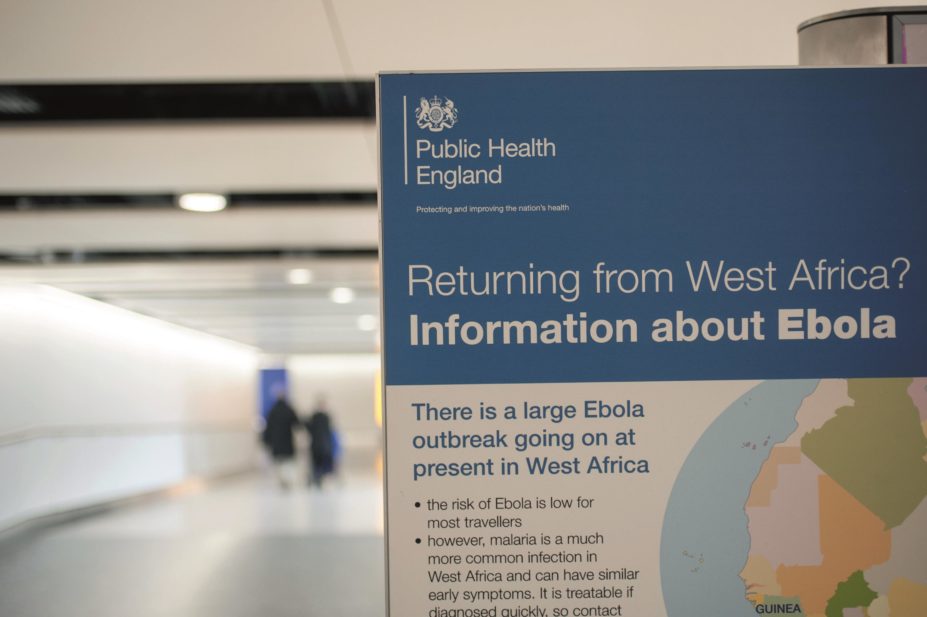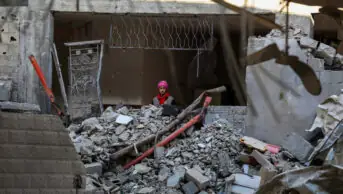
Stuwdamdorp / Alamy Stock Photo
Every stage of the UK’s response to the Ebola epidemic was undermined by systemic delays, according to a report written by MPs, following an inquiry into the country’s ability to deal with disease emergencies.
The report, ‘Science in emergencies: UK lessons from Ebola’[1]
, was published on 25 January 2016 by the House of Commons science and technology committee.
The authors say the “biggest lesson that must be learnt from this outbreak of Ebola” is that minor delays in responding cost lives. The delays meant that there was an “ad hoc” untargeted approach to the epidemic.
“Delays were evident at every stage of our response, from escalating Public Health England’s disease surveillance data to those with the capacity to act, to convening a scientific advisory group for emergencies — the main mechanism for channelling scientific advice to [the] government in an emergency — which failed to be established until October 2014,” the report says.
The report also highlights the failure of the pharmaceutical industry to be “research ready” in terms of developing a potential Ebola vaccine. It says that industry lacked the capacity to manufacture an Ebola vaccine or others for the UK population should there be another disease emergency. “Existing facilities are degraded and new plant will take years to build, leaving the UK in a vulnerable position.”
The report recommends that the government starts negotiations with vaccine manufacturers to establish access to manufacturing capabilities that can be called upon quickly in any future outbreaks. It also calls on ministers to produce an emerging infectious diseases strategy for the UK, which would identify “priority threats” that need to be addressed.
Despite these failings, the authors did recognise the “phenomenal” willingness of the UK government, industry, healthcare workers, voluntary organisations and other agencies to tackle the Ebola outbreak, which was first reported from Guinea in early 2014.

Source: Ray Tang / REX Shutterstock
Future epidemics may spread within the UK, says Nicola Blackwood, chair of the science and technology committee
Nicola Blackwood, chair of the science and technology committee, said: “A combination of hard work and chance prevented Ebola spreading further than it did, but a future epidemic may be less containable and spread within the UK as well as overseas.”
According to the Association of the British Pharmaceutical Industry (ABPI), the report’s findings mirror the conclusions reached by others, including the World Health Organization, about the lessons learned from the Ebola crisis. “Those lessons learned note that foresight isn’t always possible, but early warning systems and fast response in treatments and diagnostics can be successful,” says Virginia Acha, executive director of research, medical and innovation, at the ABPI.
She says member companies were already working on an Ebola vaccine and treatments before the epidemic struck, but the development process can take 10–12 years.
Acha adds that epidemics cross national borders so the response to them has to be international — as is the development of vaccines, which is not restricted to a single county.
“Manufacturing of vaccines, like most medicines, is organised on a global basis. For all of our medicines, our members carefully plan and manage capacity and capabilities development to ensure security of supply for patients around the world, including the UK,” she says.
References
[1] House of Commons Science and Technology Committee. Science in emergencies: UK lessons from Ebola. Second Report of Session 2015–16. HC 469. London. TSO. 2016.

